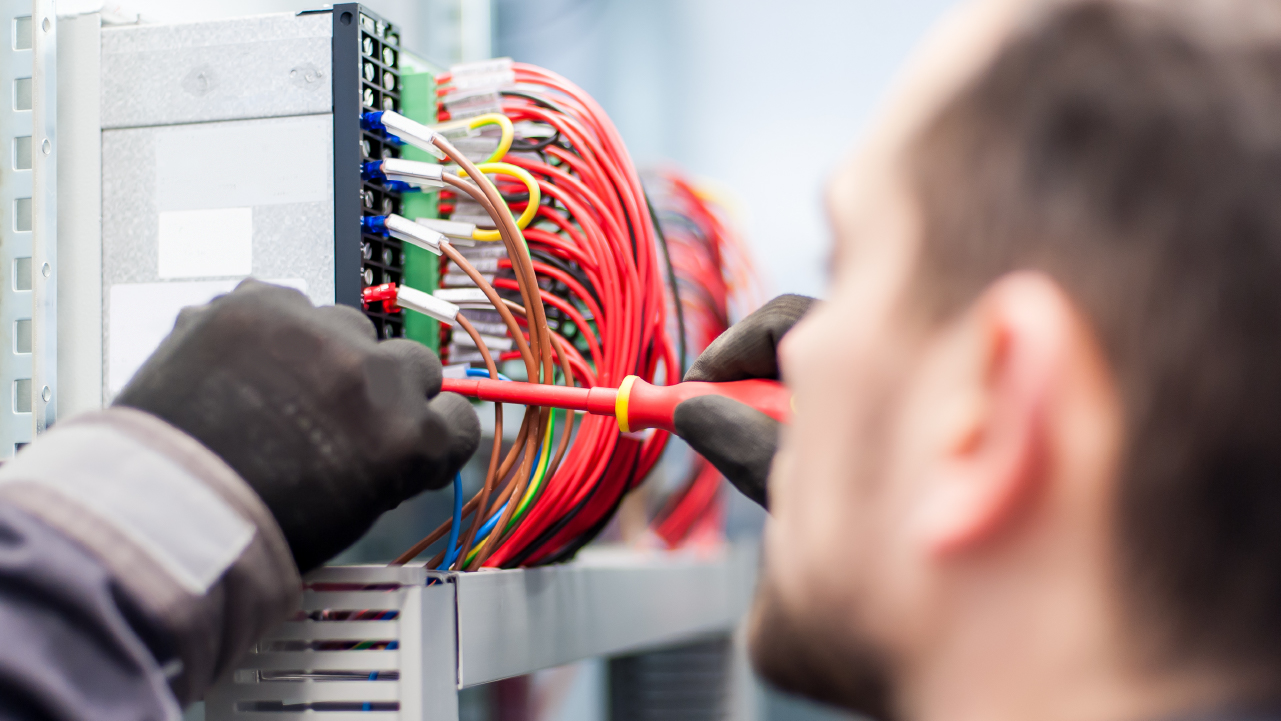Workplace safety is crucial in any field, especially in the trades. Jobs in electrical, plumbing and HVAC are all incredibly rewarding, but injuries can occur in these fields without proper vigilance.
Here are some essential workplace safety tips to keep you healthy and productive in the trades.
Stay in (Relatively) Good Shape
You don’t need to be a bodybuilder to work in the trades, but staying healthy and in physical shape will help you handle the rigor of your job and reduce the likelihood of injury. Trades professionals are often on their feet all day during service calls and are expected to perform various physical tasks at any time.
Perform Risk Assessments
Before starting work, examine your job site to identify potential hazards. These vary by trade, but generally – uneven surfaces, great heights, sharp edges, machinery, electricity, wet surfaces and poor environmental conditions are worth a second look.
Once you identify potential risks, evaluate the likelihood that they will impede your safety or productivity. Take precautions to stay safe around potential hazards, whether that means reporting the situation immediately, tidying your workspace or using the appropriate PPE.
Use Personal Protective Equipment
According to OSHA, there were 2.7 worker injuries per 100 workers and over 5,486 fatal work injuries in 2022. In the trades, these injuries often happen because of falls, electricity, machinery, lifting and being struck by objects. Many of these cases could have been prevented with the proper PPE.
PPE – personal protective equipment – protects workers from hazardous substances and environments. Examples of PPE in the trades include hard hats, safety glasses, earplugs, muffs, gloves and sturdy shoes. Even a protective vest or the right pair of coveralls can keep trades workers safe on the job. Talk to your team about the appropriate PPE for your field to ensure workplace safety.
Make a Plan in Case of Emergency
A contact list in case of emergency and developing a way to communicate with clients that causes minimal alarm are both crucial considerations for trades workers.
Additionally, conducting emergency drills and completing workplace safety courses – such as first aid – can help you immensely on the job. Even if you never need to enact these plans, knowing that you have the proper training just in case can boost confidence while at work.
Not sure where to begin with drafting your emergency plan? OSHA has a tool on their website for creating one. Talk to your supervisor about the specific requirements of your job and get an action plan in place.
Discover Workplace Safety Tips at Explore The Trades
Whether you are a plumbing, HVAC or electric contractor, staying safe on the job is imperative. Contact us today to learn more about optimizing your trades career.

